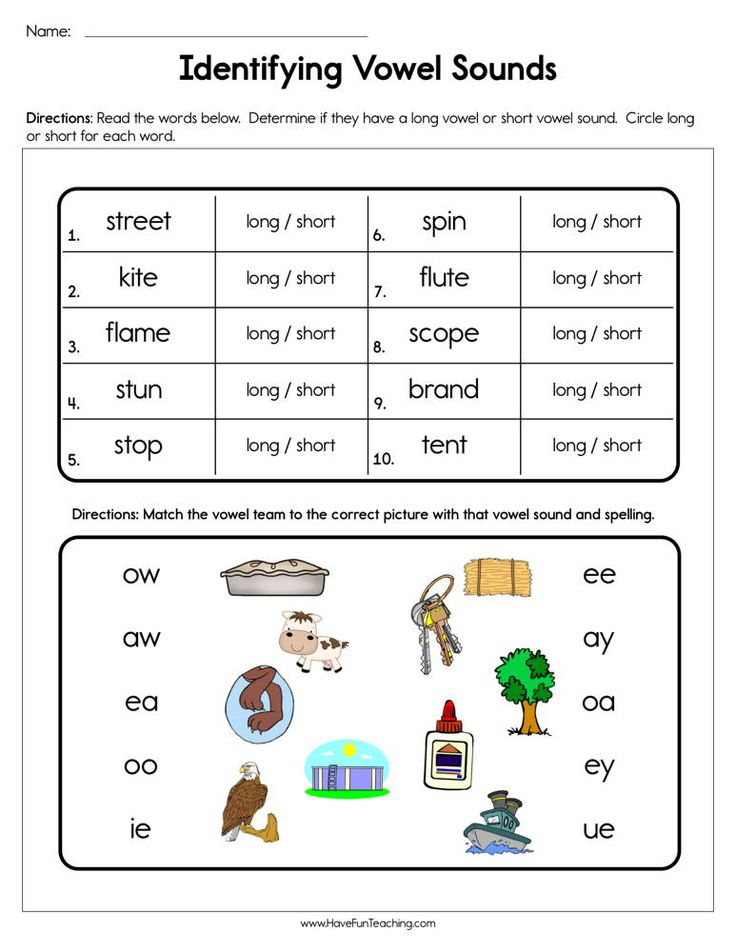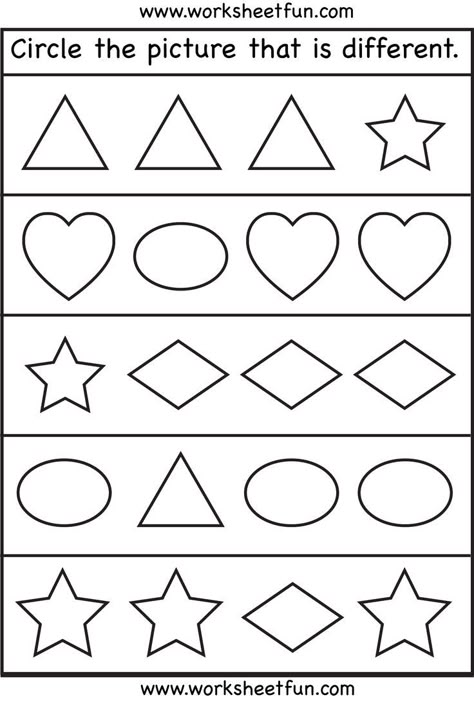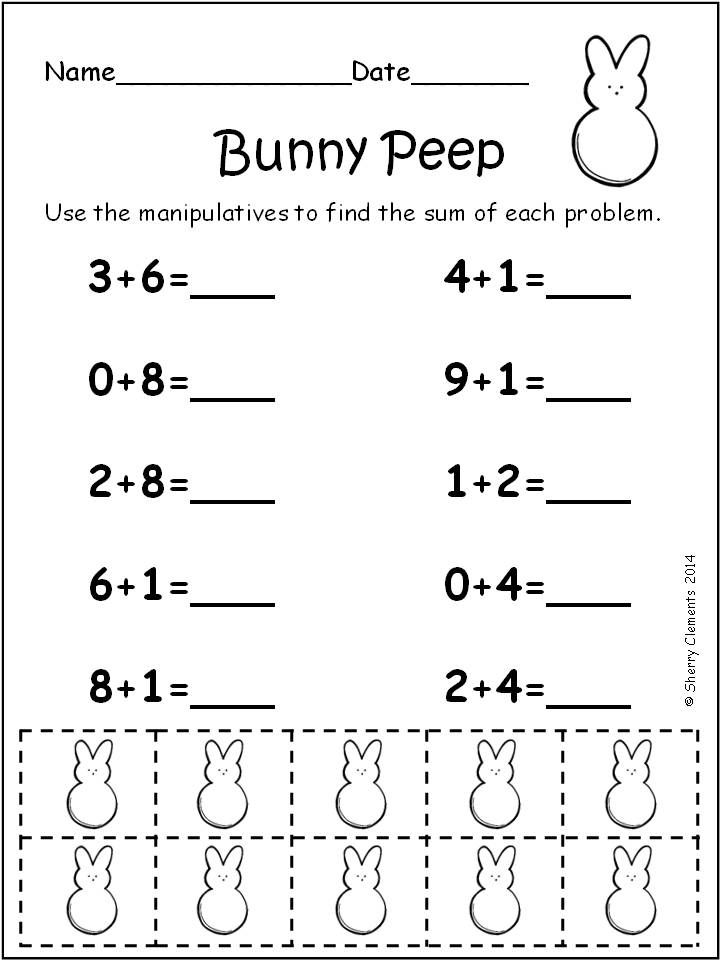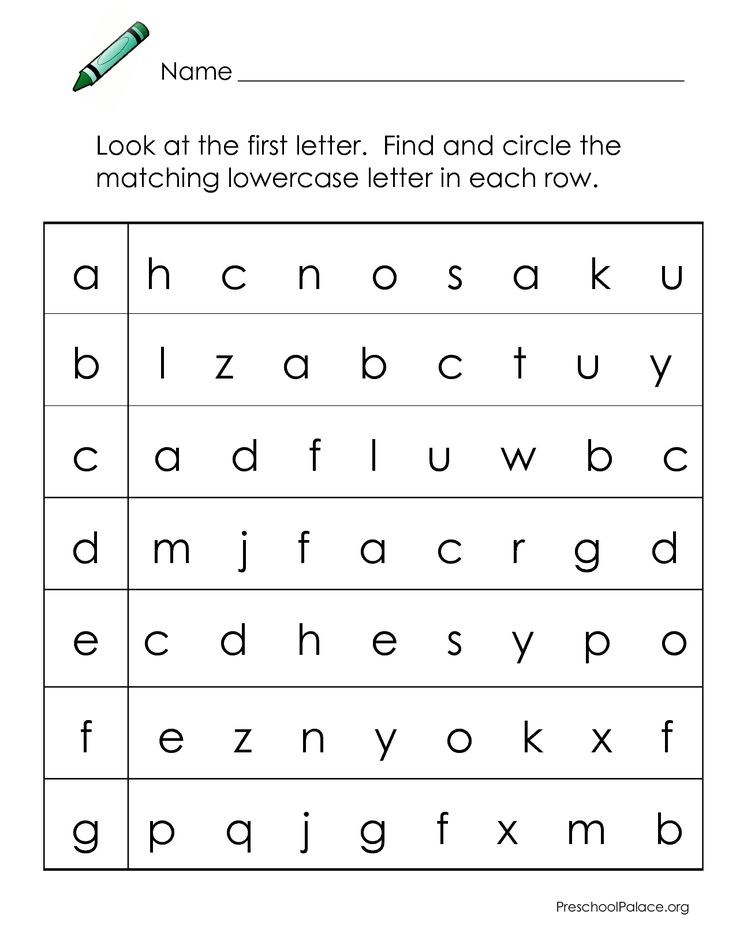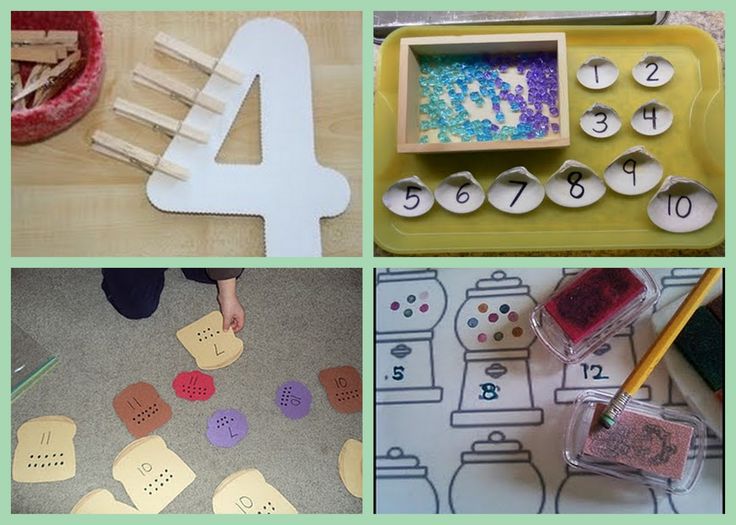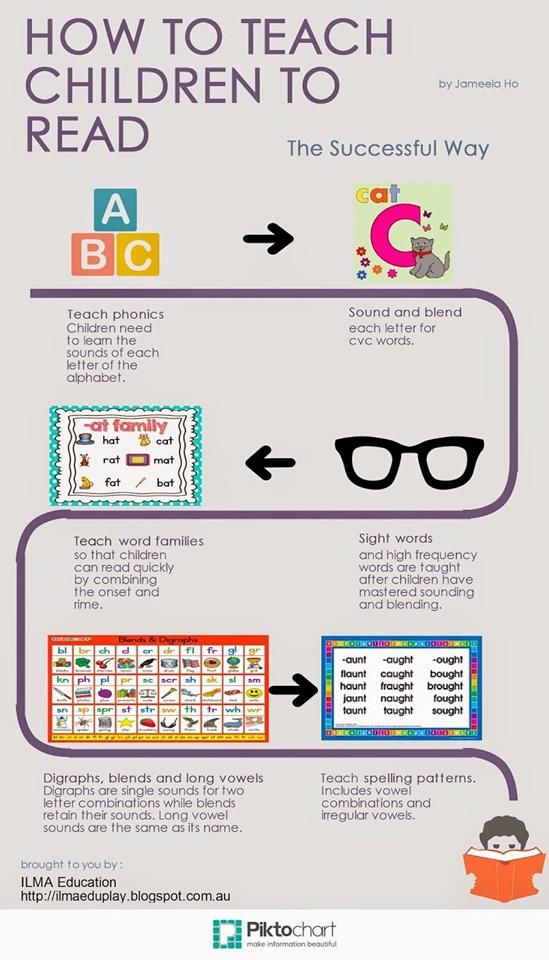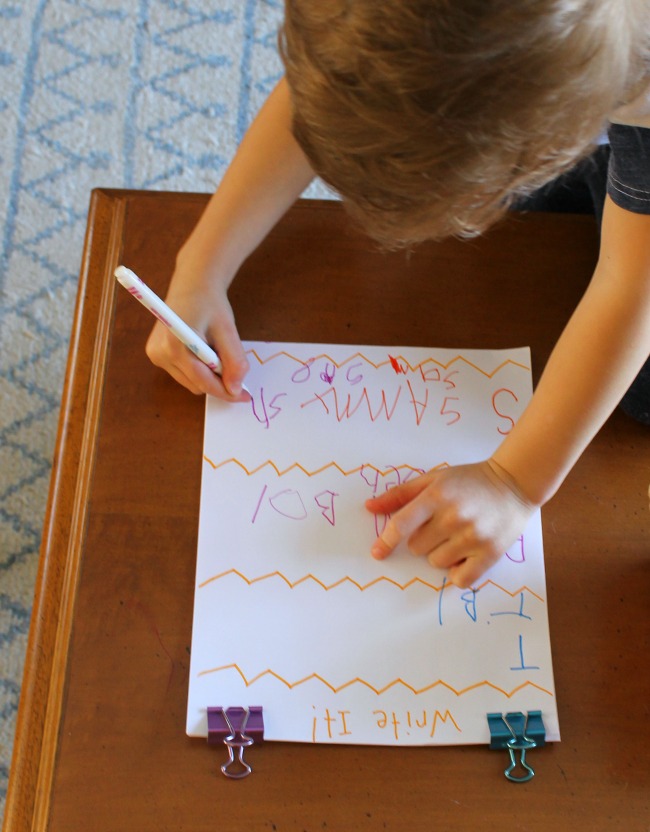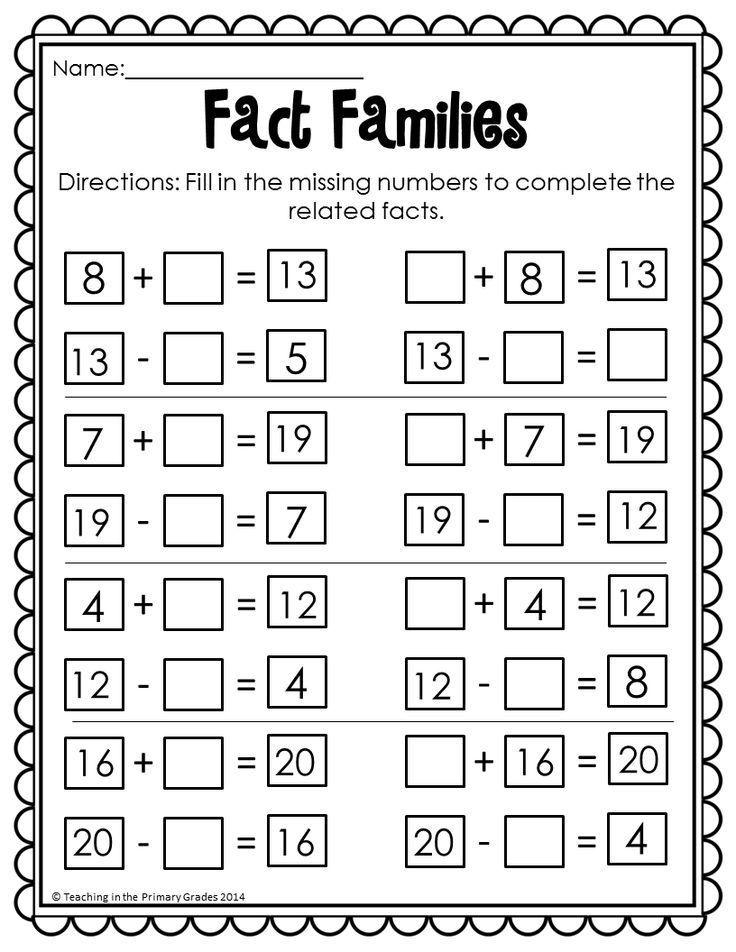Spelling short vowels
A Handy Guide to Short Vowel Sounds (+ 3 FREE Downloads)
by Marie Rippel
Short vowel sounds are the most common vowel sounds in the English language. Thankfully, these sounds are fairly easy to spell. Let’s dive in!
Because short vowel sounds are so prevalent in English, they are often the first vowel sounds that children learn. In All About Reading and All About Spelling, we always start with the short sounds when we teach the multiple sounds for vowels. For example, in All About Reading Level 1, Lesson 1, we teach that A says /ă/ as in apple.
It’s a great place to start. Once they learn the short sounds of the vowels and the consonant sounds, kids can decode hundreds of words! But just learning the simple spelling of the five short vowel sounds isn’t quite enough! You can help your child learn to read and spell even more words by teaching him four common ways to spell short vowel sounds.
Short Vowels Can Be Spelled in Four Ways
The most common way: a single vowel in a closed syllable usually says a short sound.
(In a closed syllable, a single vowel is followed by a consonant.)- In the word cat, A is followed by T and says /ă/.
- In the word pet, E is followed by T and says /ĕ/.
- In the word dish, I is followed by SH and says /ĭ/.
- In the word mob, O is followed by B and says /ŏ/.
- In the word tub, U is followed by B and says /ŭ/.
Vowel teams can make short vowel sounds.
(In a vowel team, two vowels work together to make one sound.)- EA can say /ĕ/ as in bread and sweat.
- OU can say /ŭ/ as in touch and young.
Single vowels can say the short sound of other vowels.
- A after W can say /ŏ/ as in water and want.
- Y in a closed syllable says /ĭ/ as in gym and myth.
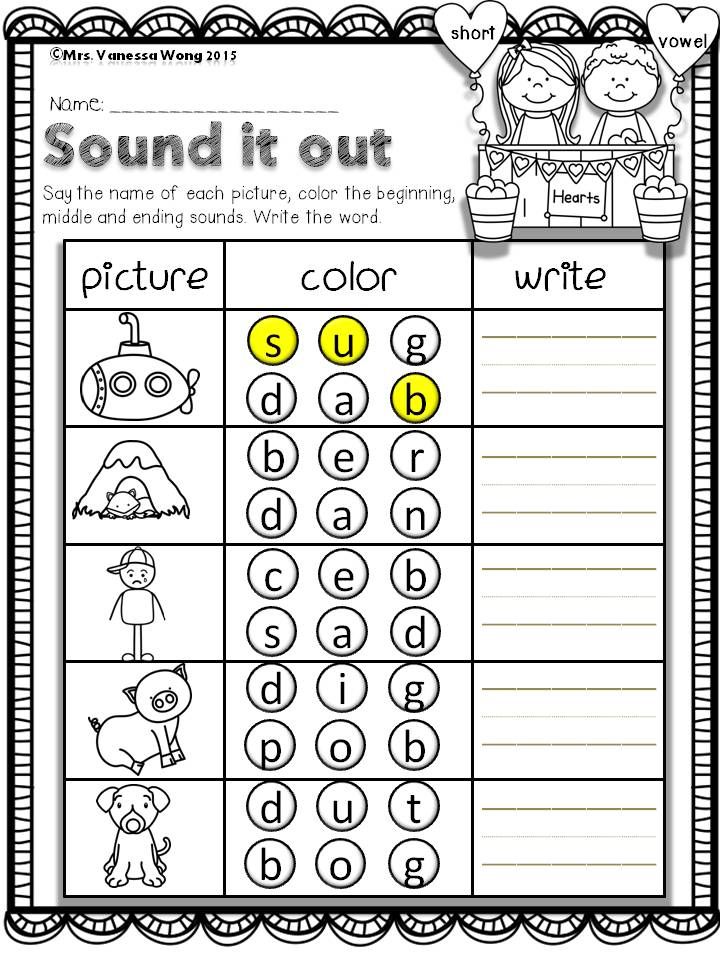
- O can say /ŭ/ as in love and oven.
A vowel can make the short U or short I sound in an unaccented syllable.
(A schwa is a muffled vowel sound heard in an unaccented syllable in many English words.)- A can say /ŭ/ as in about.
- E can say /ĭ/ as in enemy.
- I can say /ŭ/ as in family.
- O can say /ŭ/ as in bottom.
- U can say /ĭ/ as in minute.
- Y can say /ŭ/ as in syringe.
Please note: the sound a schwa makes in a particular word may vary by region.
Let’s Dive a Little Deeper
The chart below illustrates the most common ways to spell the short vowel sounds.
Click to Download our Printable Chart!
Although seeing the different spellings for short vowels on the chart above can be helpful for people who already know how to read and spell short vowel sounds, I recommend using the chart only for reference rather than as a learning tool.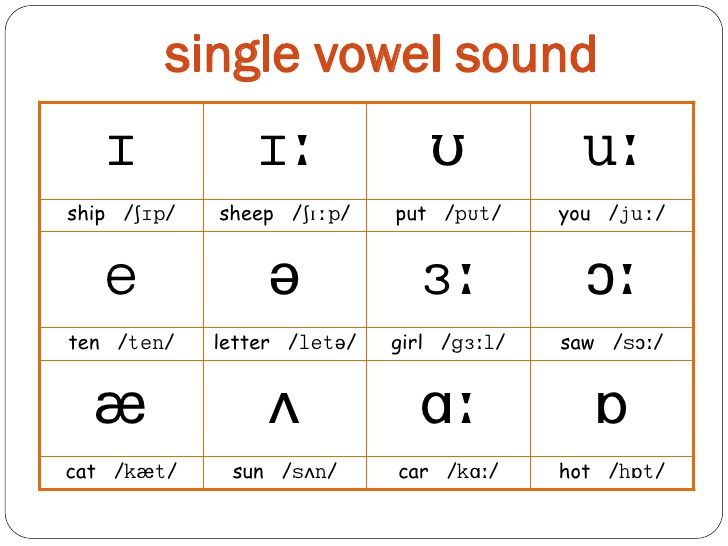 Teaching all these spellings at once would be overwhelming for a beginning student. Instead, teach them to students incrementally, one at a time.
Teaching all these spellings at once would be overwhelming for a beginning student. Instead, teach them to students incrementally, one at a time.
Of course, as we all know, English has exceptions! In addition to the common spellings for the short vowel sounds, there are uncommon ways to spell them as well. Fortunately, these alternate spellings are few and far between.
- Short A: plaid, laugh, calf
- Short E: many, said, says, friend, leopard
- Short I: pretty, busy, build, foreign sieve, women, mountain
- Short O: all, thought, caught (all three words depend on regional dialect)
- Short U: flood
Sample Lessons for Short Vowel Sounds
Are you interested in seeing how we teach the short vowel sounds in All About Reading and All About Spelling? Here is a sampling for you to download and enjoy!
Download All About Reading Level 1, Lesson 14
This lesson shows how we teach words with the short E sound represented by the letter E.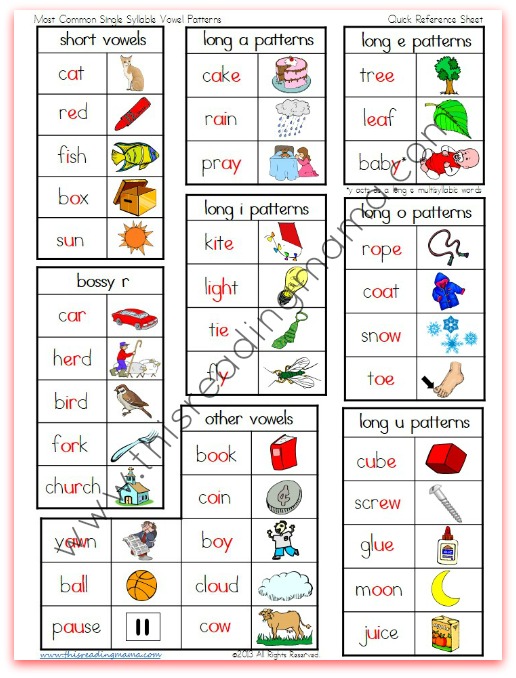
Download All About Reading Level 3, Lesson 41
This lesson shows how we teach words with the short E sound represented by phonogram EA.
The Bottom Line for Teaching Short Vowel Sounds
When it comes to teaching short vowel sounds, here’s what you need to keep in mind:
- There are four common ways to spell short vowel sounds.
- Teach these common spellings to students incrementally, one at a time.
- Keep it fun! Use a wide variety of interesting activities to help your student learn the four ways to form short vowel sounds.
All About Reading and All About Spelling walk you and your student through all the steps needed to help your student learn to read and spell. The programs are multisensory, motivating, and include everything you need. And if you ever need a hand, we’re here to help!
Looking for information on long vowels? Check out our Handy Guide to Long Vowel Sounds!
List of Short Vowel Words
The English language provides a list of short vowel words that seem to be never ending. A short vowel word is any word that doesn't allow the vowel within it to generate that vowel's long vowel sound.
A short vowel word is any word that doesn't allow the vowel within it to generate that vowel's long vowel sound.
List of Short Vowel Words
For example, the word "bug" is a short vowel word because there's no long "U" sound. A word doesn't necessarily have to have three letters to be a short vowel word, but it makes for the easiest example and three-lettered words make up the bulk of any list of short vowel words. Let's take a look.
Advertisement
Short Vowel Sounds in Words
Here's the reason why words with only three letters typically make the short vowel sound. Three letters usually don't allow for a second vowel to force the long vowel sound out. Exceptions include words like "bee" or "tea."
These words use a second vowel to force the long vowel sound from the first one, while other words like "ant" or "mat" use the placement of consonants to force a short vowel sound.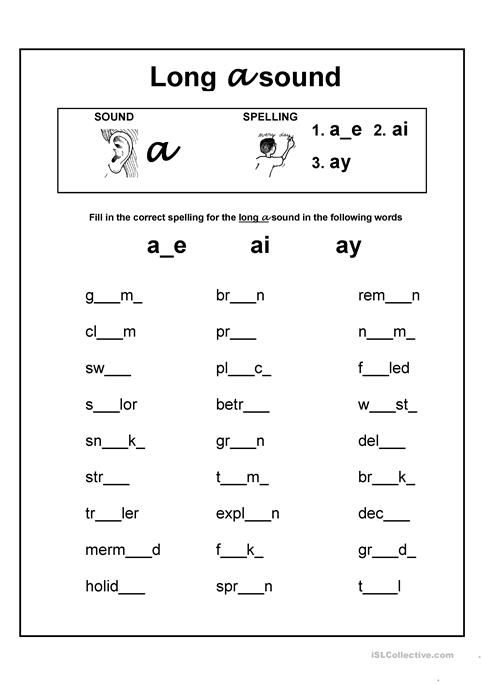
But, here's an important point to keep in mind. The words listed below are short vowel sounds, not short vowel spellings. That is, just because a word is short, doesn't mean it will automatically have a short vowel sound. And vowel as written doesn't always correspond with the sound it makes. Take the word "pretty." The E is sounded like a short I, and the Y is sounded like a long E. Phonetically, it sounds more like "prit-tee," not "pret-tai."
Likewise, we can't assume a long word will automatically have a long vowel sound. Let's look at the word "business." The U and E in "business" are also sounded like a short I, and the I is silent altogether. Phonetically speaking, we don't pronounce it "buss-eye-ness." It's more like "biz-niss." With that in mind, let's explore more short vowel words, sorted by letter.
Short "A" Words
The short A sound is what you hear in words like "bat" or "map." Here are some other great examples of words with the short A sound.
act | apt | ask | bat | bad | bag | cat |
cap | cab | dad | dab | Dan | fan | fat |
fad | gap | gab | gal | gas | ham | has |
had | hat | jab | jam | lab | lad | lag |
lap | man | mad | mat | map | nap | pan |
Pam | pad | pal | ran | ram | rag | rat |
Sam | sad | sag | sat | sap | tab | tan |
tad | tag | tap | van | vat | yam | zap |
Advertisement
Short "E" Words
The short E sound is what you hear in words like "gem" or "hem.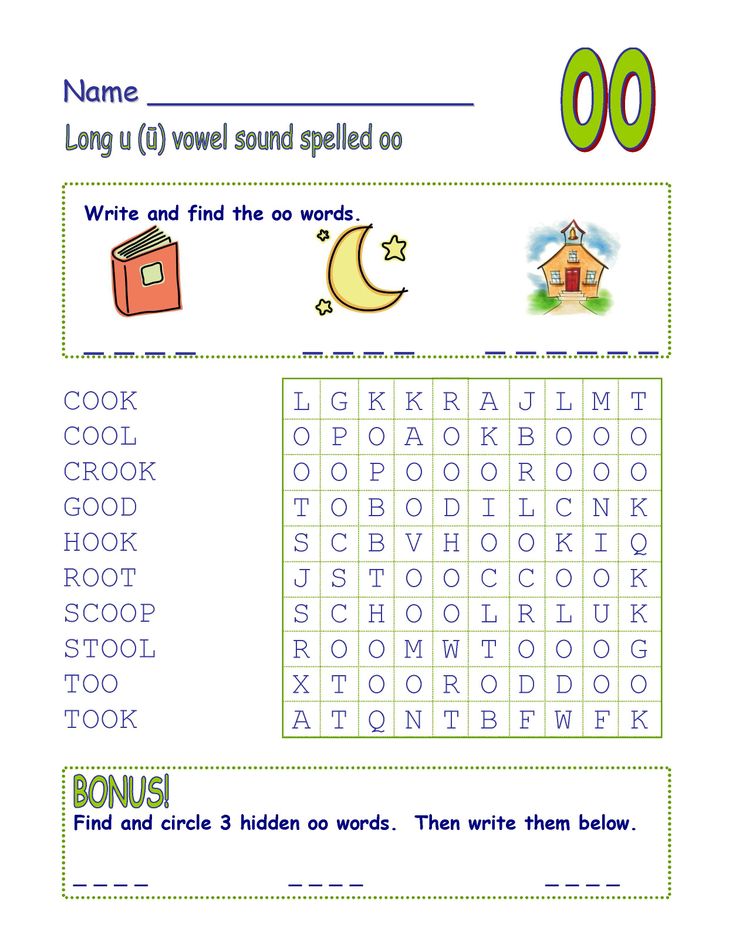 " Here are some other great examples of words with the short E sound.
" Here are some other great examples of words with the short E sound.
ben | bed | beg | bet | den | fed |
gem | get | gel | hen | hem | jet |
keg | led | leg | let | men | met |
net | pen | peg | pet | red | set |
ten | Ted | vet | yet | wed | wet |
Short "I" Words
The short I sound is what you hear in words like "dim" or "fib." Here are some other great examples of words with the short I sound.
bin | bid | big | bit | dim | did |
dig | dip | fin | fig | fit | gin |
gig | him | his | hid | hit | hip |
jib | jig | kin | kid | kit | lid |
lit | lip | nip | pin | pig | pit |
rim | rid | rig | rip | sin | sit |
sip | tin | tip | win | wit | zip |
Short "O" Words
The short O sound is what you hear in words like "con" or "nod.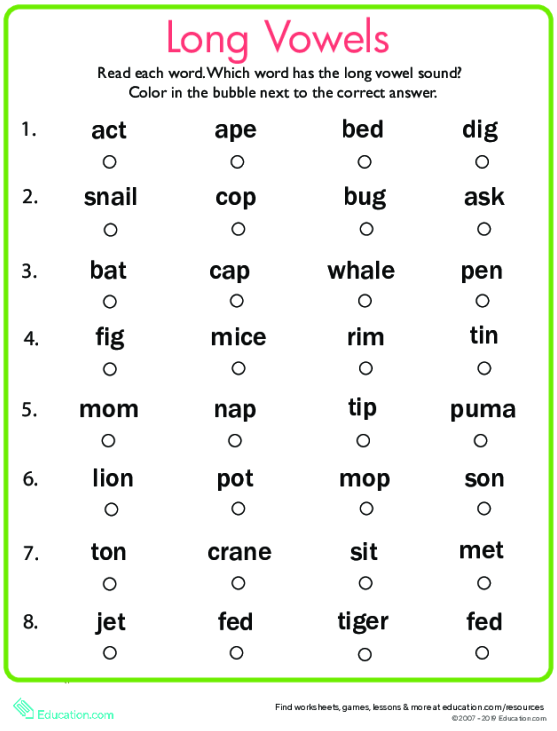 " Here are some other great examples of words with the short O sound.
" Here are some other great examples of words with the short O sound.
bog | bop | con | cod | cog | cot |
cop | don | dog | dot | fog | god |
got | hog | hot | jog | jot | lob |
log | lot | lop | mob | mom | mop |
nod | not | odd | pod | pop | pot |
rod | rot | sod | Tom | tot | top |
Short "U" Words
The short U sound is what you hear in words like "bus" or "hum." Here are some other great examples of words with the short U sound.
bun | bum | bus | bud | bug | but |
cud | cut | cup | dug | fun | gun |
gum | Gus | gut | hum | hug | hut |
jug | jut | lug | mug | nun | nut |
pun | pug | pup | rub | run | rum |
rug | rut | sub | sun | sum | tug |
View & Download PDF
Advertisement
Using Short Vowel Sounds
Though the above list of words with short vowels is incomplete, you can use it to understand the basic usage for the short vowel sounds. These short vowel sounds are often used in larger words as well.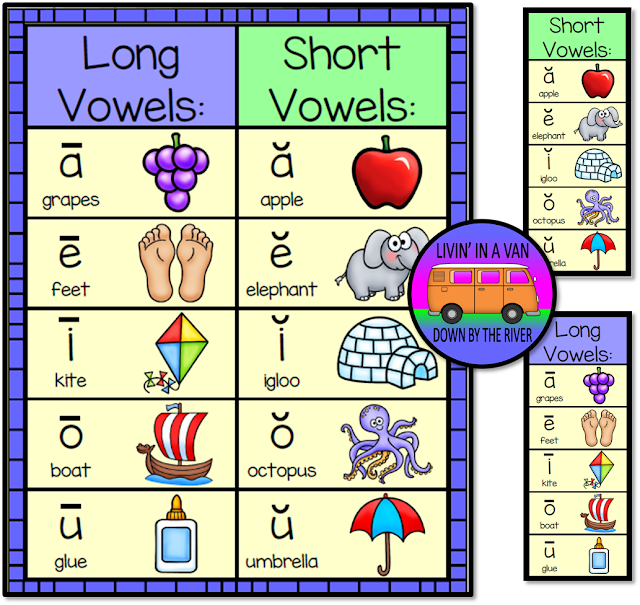 You might see them in words that also contain long vowel sounds, or even in two-lettered words, like "in," "it," and "at." Longer words, such as "magistrate" or "fascinate," use both short long vowel sounds.
You might see them in words that also contain long vowel sounds, or even in two-lettered words, like "in," "it," and "at." Longer words, such as "magistrate" or "fascinate," use both short long vowel sounds.
Some words use the short vowel sound and the long vowel sound, depending on the tense of the word. Words like "read," for example, are pronounced as the long vowel sound when the tense is present. For example, "We are reading this list of short vowel words."
However, when the tense is changed from present to past tense, the long vowel sound is taken away and the short vowel sound is introduced in the same word. For example, "I read the list of short vowel words, and understand much better now."
Pronunciation Pros
If you're teaching short vowel sounds to little learners, practice makes perfect. If you're teaching ESL students, here are some tips and resources for teaching ESL pronunciation. And, when you're ready for the flip side of the coin? Take a look at these examples of long vowel words too.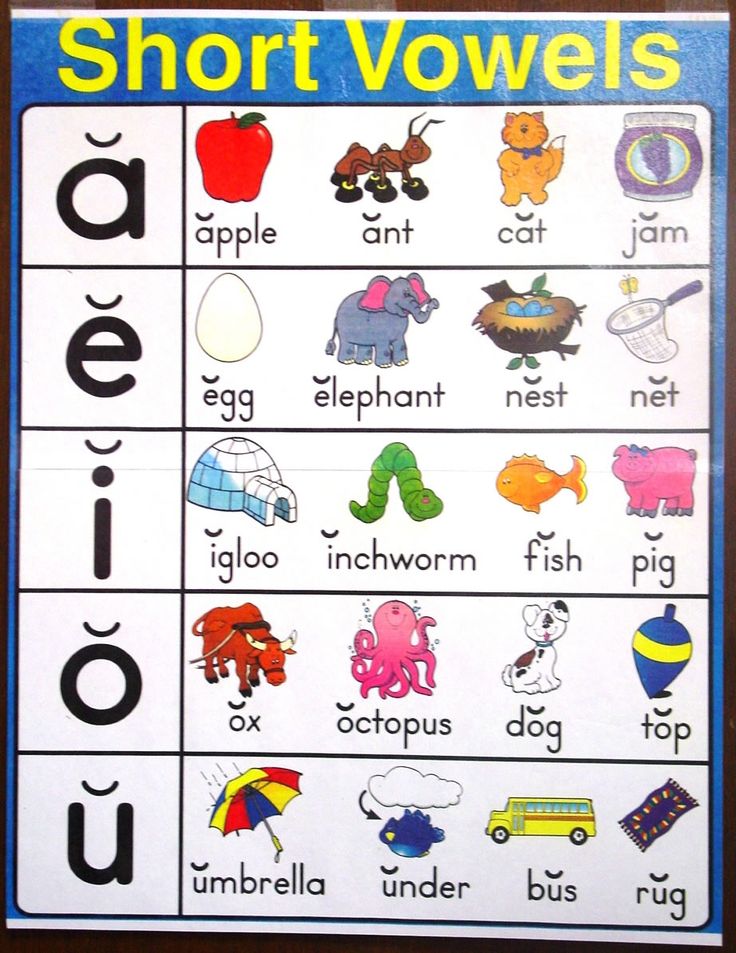 You might also want to explore when "y" is a vowel.
You might also want to explore when "y" is a vowel.
Home »Parts of speech» Communion
Content
- Vowel in front of the Socials of
- Vowels in a brief form of participles
- Complex cases
It is known that vowels before -NNNNN - in passive participles (HSP) are the cause of frequent spelling errors. The difficulty of spelling is not due to the conjugation of the verb that participated in the formation of the participle (PC), and the number of N. The reason for choosing one or another unstressed suffix is completely different. Let's figure it out together what determines the spelling of certain unstressed in the HRC suffixes.
Vowels in the short form of participles
The rule - vowels in participles before "Н" and "НН" - also applies to the short form of the HRC. In the short form of the IF, they remain the same as they were in the suffixes of the full forms. The suffix of the short HRC differs from the suffix of the full form only in the number of H - in the short form one, and in the full form - two . This is easy to verify if you write down an example of a word-building chain of a short passive participle: draw - drawn - drawn, dispel - dispelled - dispelled, fired - fired - fired .
The suffix of the short HRC differs from the suffix of the full form only in the number of H - in the short form one, and in the full form - two . This is easy to verify if you write down an example of a word-building chain of a short passive participle: draw - drawn - drawn, dispel - dispelled - dispelled, fired - fired - fired .
As you can see from the above examples, the unstressed in full and short forms remains unchanged, regardless of the number of consonants in the suffix.
Choice of vowels in full and short SPCsComplex cases
The vocabulary of the Russian language contains words similar in sound, including infinitive verbs, which, when written, differ in the basics that serve to form the SPS: knead - knead, hang - weight, dump - dump, shoot - shoot and so on. When forming the HH, it is necessary to take into account the lexical meaning of the formative verb, otherwise it is easy to make a mistake, since the vowels in the participle suffixes before HH depend on the presence of similar verbs in the stems.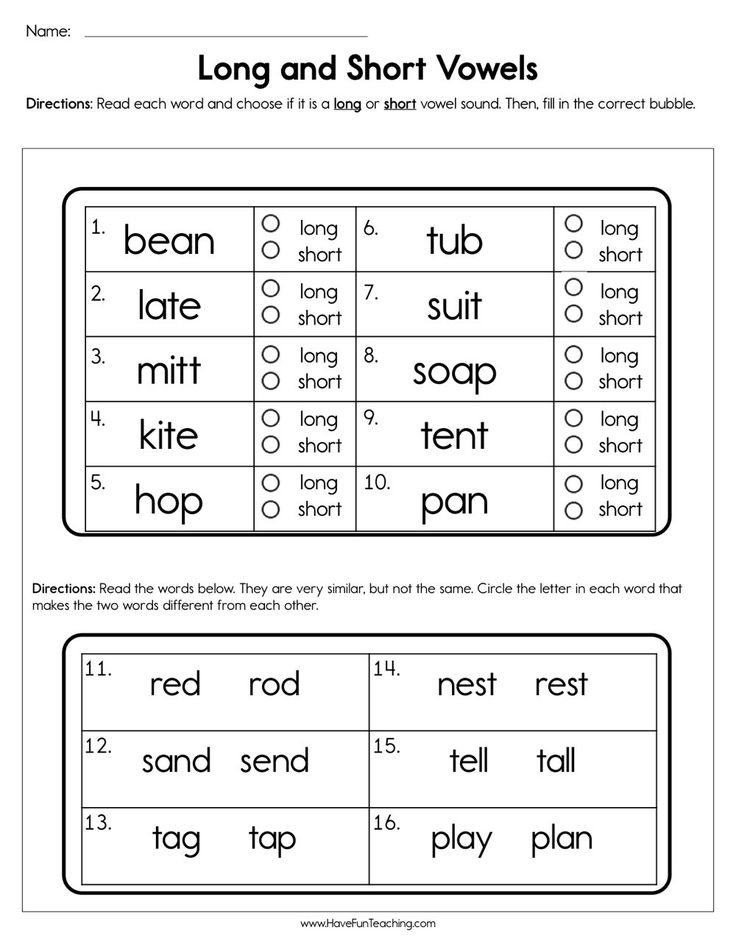
The context helps to decide on the choice of the verb of the desired meaning and form the past tense from its stem: mixed (knead) into history - mixed (knead) solution ; hung (hung) shopping man - weighted (weighted) buyer ; felted (dumped) fish in flour - dumped (dumped) sand, peat, garbage from the body ; shotgun to the target - shot wolf .
In addition, it is necessary to pay attention to the spelling of verbal adjectives, where the appearance of unstressed vowels before Н and НН, as well as in HH, is due to the basis of the source verb, for example: shot (shoot) sparrow .
Rating
( 1 estimate, average 5 out of 5 )
1 124 views
Like this article? Share with friends:
General phonetic rules
Have you ever wondered why German seems to be such a harsh and hard language? It depends on certain points that Russian speakers learning German should pay attention to.
This article presents the most important rules for German phonetics, starting with general information and ending with more specific ones. By putting them into practice, you can significantly improve your German pronunciation.
1. Intonation
a) In contrast to Russian, in German almost every word is pronounced separately, which resembles the staccato rhythm in music.
b) The contrast between stressed and unstressed syllables in German is much greater than in Russian: stressed syllables are emphasized more sharply and intensely, while unstressed syllables are muffled and pronounced weaker.
c) The Germans are accustomed to accentuate the main parts of speech in a sentence: nouns, adjectives, full-valued verbs, numerals, interrogative and demonstrative pronouns. Functional parts of speech, like articles, prepositions, conjunctions, auxiliary verbs, personal and possessive pronouns, in turn, are not accentuated.
d) In Russian speech, there is a sharp change between sound pitches, while the Germans in their speech remain at the same pitch for a long time.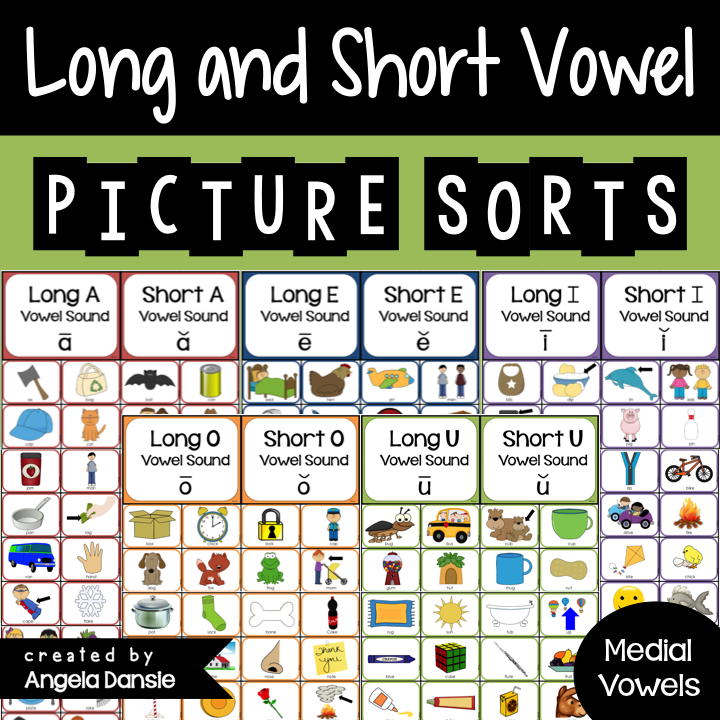 Russian intonation moves within an octave, while German intonation moves within a fifth.
Russian intonation moves within an octave, while German intonation moves within a fifth.
2. Word stress
Unlike Russian stress, in German it is fixed, i.e. the stress is not transferred from one syllable to another if the form of the word changes.
As a rule, it falls on the first root syllable:
→ SPRA CHE [ˈʃPχAːχə] (language)
→ ES SEN [ˈɛSən] → glück lich [ˈɡlʏklɪç] (happy, happy)
→ al les [ˈaləs] (everything)
However, there are many words with certain prefixes and suffixes that take on the stress.
3. Unstressed vowels
Unlike the Russian language, where unstressed vowels are pronounced differently than stressed vowels, German vowels are not reduced and are pronounced in the same way as stressed vowels, only for a shorter duration.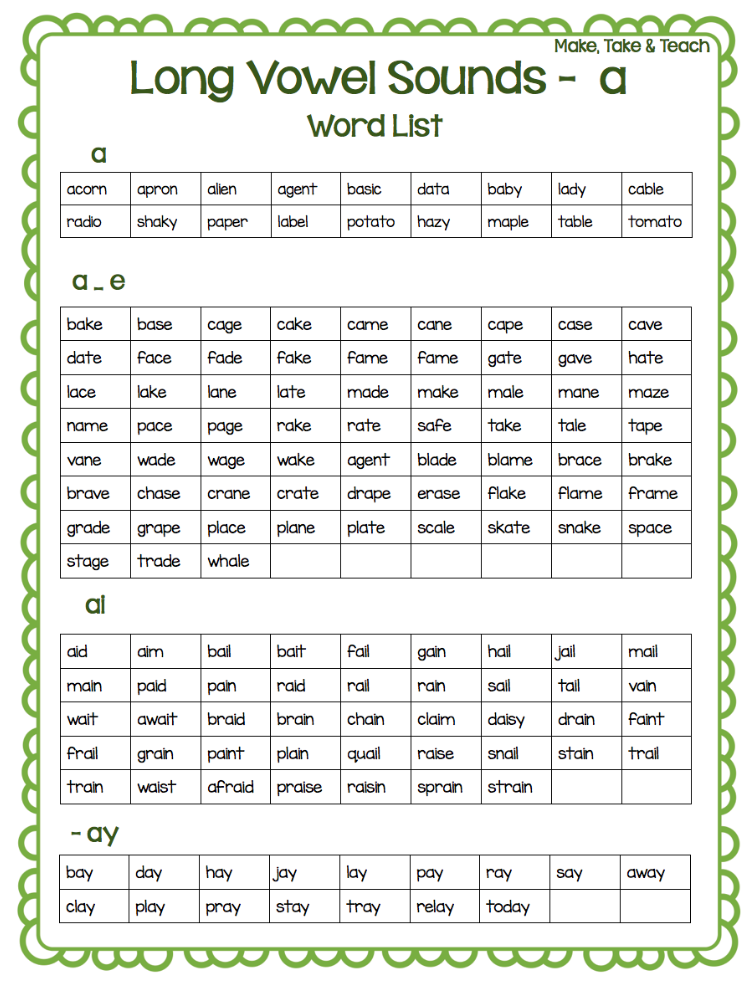
→ ST AA T [ʃTAːT] ~ ST A DT [ʃTAT] (state ~ city)
→ B EE T [Beːt] ~ B E TT TT [bɛt] (flower bed, beds ~ bed)
→ M IE TE [ˈMIːTə] ~ M I TTE [ˈMɪTə] (lease ~ middle) → H → H → H → H → [ˈhøːlə] ~ H ö lle [ˈhœlə] (cave ~ hell)
5. Long vowels
Voice sound is long ...
... in the case of a double vowel:
→ ID EE [ˈDE:] (idea)
→ D OO F [DO: F] (stupid (person) )
→ H AA R [HAːɐ] (HIS (s hair (s hair (s hair (s hair ))
. ... Before the consonant letter <ß>: 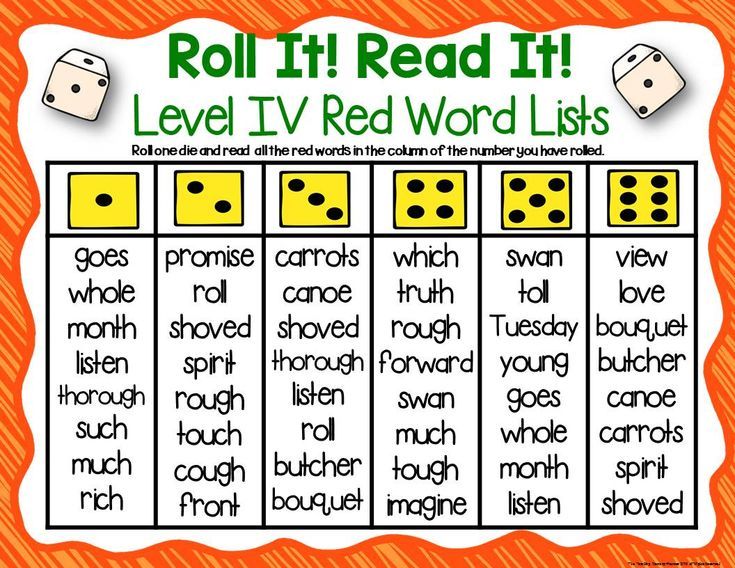 ..before a silent
..before a silent
→ O H Ne [ˈoːnə] (without)
→ F A H REN [ˈFAːʁən] (go, drive, drive) . H [ʃuː] (boot)
→ Str
→ bl o ß [bloːs] ((one) only)
<,BL> <,BL> combination of letters <,BL> ... >,
,
→ Z E BR A [ˈTSEːBʁA] (zebra)
→ J A GD [JAːKT] [JAːKT] 9ATHER (hunt (chase) )
→ K E KS [KEːKS] (cookies)
. ... in a shock closed syllable, which is opened during the word: Vowel Sound is a brief ... ... Before a double consonant: .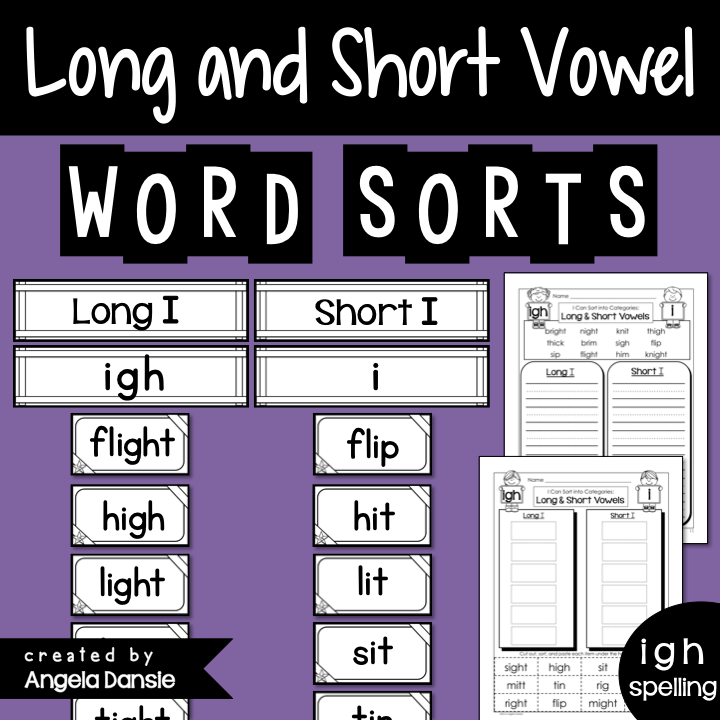 .. In an open syllable:
.. In an open syllable:
→ N A ME [ˈnaːmə] → l E SEN [ˈleːzən] (Read)
→ W O (where)
→ T A G [TAːK] (day) ~ T A GE
→ R O T [ʁOːT] (Red) ~ R O Tes TES U N [Tuːn] (do) ~ T U
6. Brief vowels
→ P and PP E [ˈPʊPə] (doll)
→ SCHN E LL [ʃnɛL] (fast, fast) O FF [ (hoped) 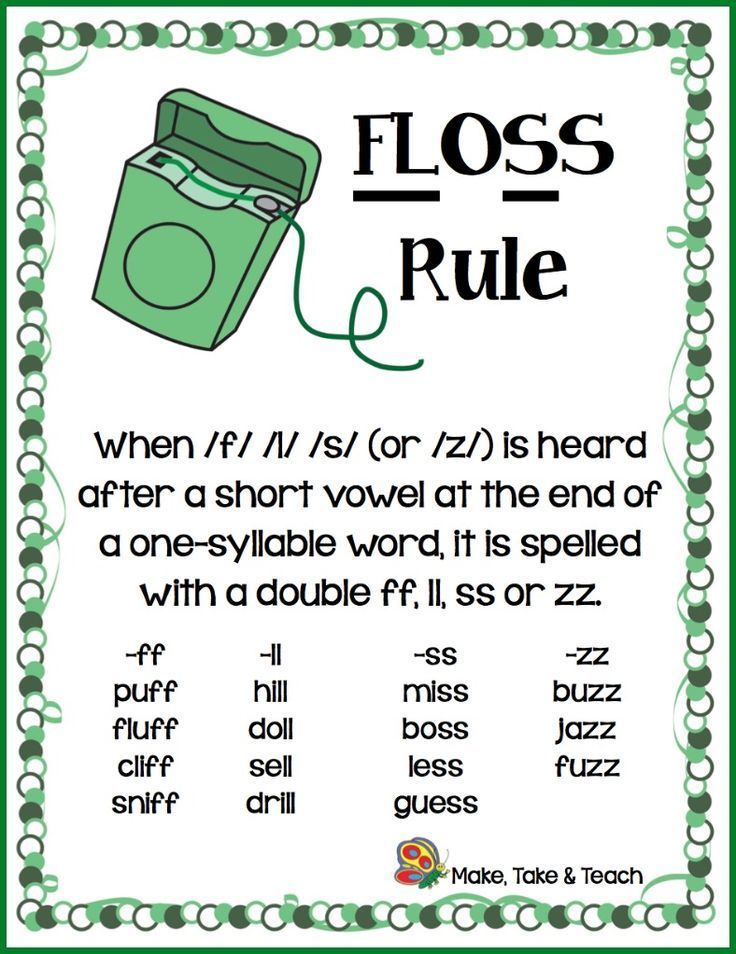 .. Before the consonant letter
.. Before the consonant letter
→ h E x E [ˈhɛksə] (witch)
→ B O EN
→ A x t [akst] (axe)
...before
→ K O PF [KɔPF] (head)
→ N I CH T [nɪçt]
→ W A 0 → W A 0 → W A en [ˈvaʃən] (wash, wash)
... in a closed syllable:
→ U ND [ʊNT] (and)
→ F I N DEN [ Kalt] (cold, cold)
7. Half -long vowels
vowel sound is semi -long .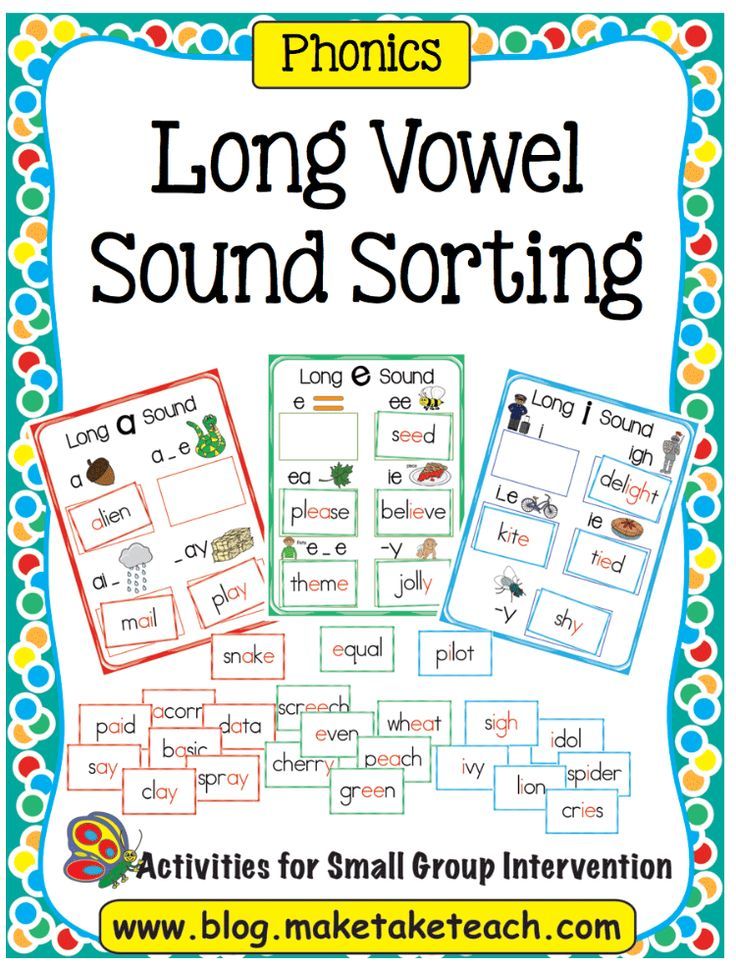 ..
..
... in unstressed open syllable: Double consonants in German are always pronounced as single consonants, in contrast to Russian, where they can be lengthened in certain cases. → A NN A [ˈana] (Anna) In Russian, the consonants <К>, <Т> and <П> are slightly pronounced as [g], [d] and [b]. However, the German counterparts are pronounced heavily aspirated in most cases. → K A K AO [K ʰ Aˈk ʰ Aʊ] (Kakao) T An
→ AK K U [ˈaku] (battery)
→ D I Rekt [DIˈʁɛKT] (directly, direct)
→ PH SIK [Fyˈziːk] (Physics) (Fy E BATTE [deˈbatə] (debate, dispute)
→ AU T O MATISH [AʊTOˈMAːTɪʃ] (automatically)
8.0028
→ KA SS E [ˈkasə] (cash desk)
→ Su mm E [ˈzʊmə] (amount )
9.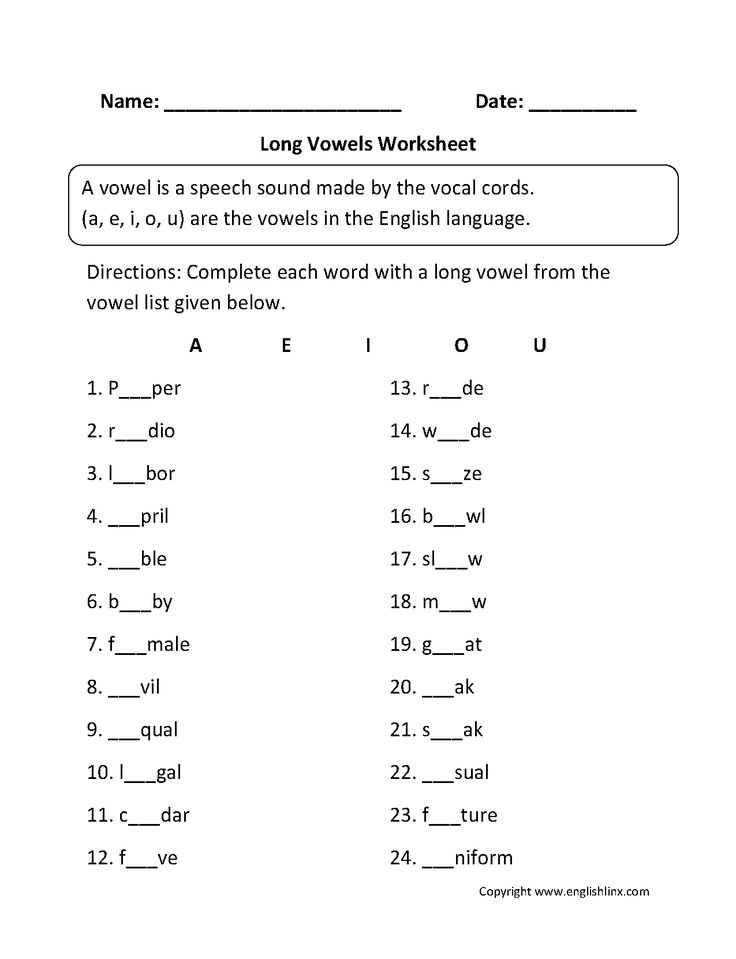 Voiceless aspirated consonants
Voiceless aspirated consonants
→ P A P A [ˈP ʰ AP ʰ A] 900 (PAPA) 900 (PAPA) 900 (PAPA) 900 (PAPA) 900 (PAPA) (PAPA) 9AT 10. Stunning of voiced consonants
Stunning of voiced consonants
→ ABEN D S [Aːbənts] (in the evenings)
→ O B S T [Oːpst] (fruit) → GEWA → GEWA → GEWA [ɡəˈvaːkt] (risky, risky)
11. Assimilation of consonants
When consonants occur at the end and at the beginning of a word or syllable, they are likened to the usual tempo of speech. There are two types of assimilation - complete and partial. [Aʊˈfiːdɐzeən] (Goodbye)
with partial likening the deafness of the consonant at the end of the word is transferred to the first consonant of the next word, which automatically loses its sonority: In the Russian language there is a phenomenon of mitigation of the agreements, Napr. in the word "shadow" ([tʲenʲ]). In this regard, soft and hard consonants are distinguished. In German, however, no softening of consonants ever occurs. → Ti sch [tɪʃ] (table) German vowels can be pronounced with increased vocal cords that produce a slight click. It is this so-called hard attack that gives German speech its specific harshness. This sound is pronounced at the beginning of the word/syllable that begins with a vowel. At the beginning of the word: inside the word:
→ Bi S D Ann [BɪSH (until the meeting)
→ SEI T G Estern [zaɪtˈkɛstɐn] (from yesterday)
→ A b S AMSTAG [APXAMSTAK]0028 (from Saturday)
→ Dan K B EN [Daŋkˈpɛn] (thanks to Benu)
12.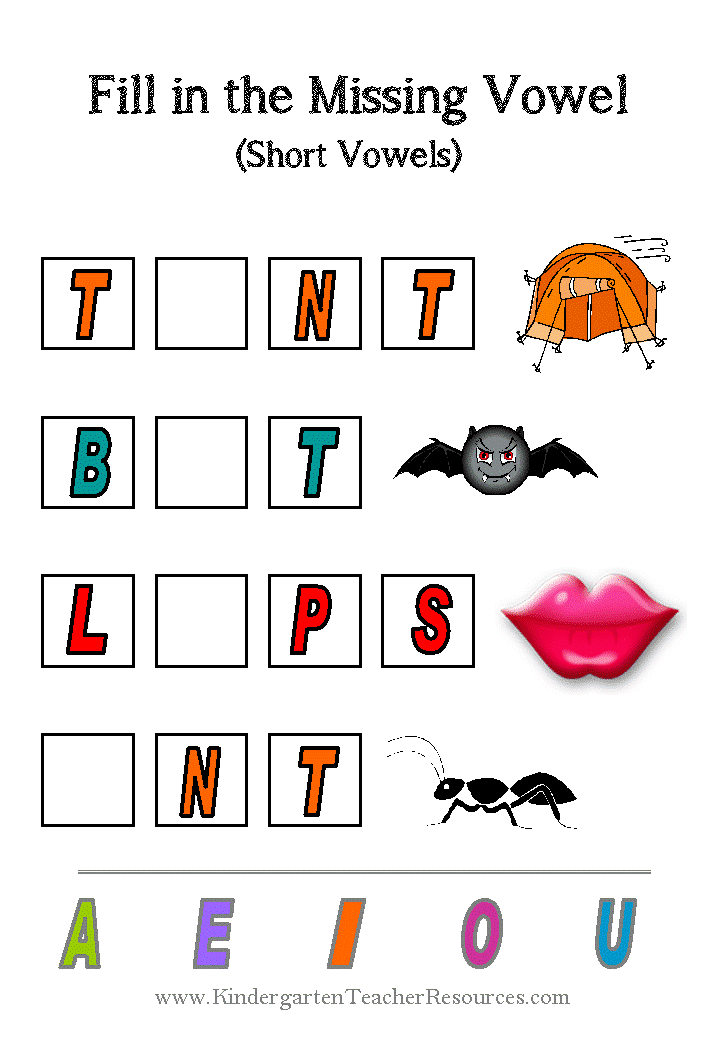 Lack of mitigation of consonants
Lack of mitigation of consonants
→ LA CHEN [ˈLAχən] (laugh)
→ dü BEL [ˈdyːbəl] (dowel) 9000 (ˈKEːʁ vent] [ˈKEːʁəN]
13. Hard onset
→ I N A Sien [ ʔ ɪnˈ ʔ Aːziən] (in Asia)
→ ER I Nnerung [ ʔ
→ The A TER [Teˈ ʔ AˈTɐ] (theater) E - eːt] (poet)
→ Ver EI SEN [Fɛɐˈ ʔ Aɪzən]/[Fɐˈ ʔ Aɪzən] (Little) (Little indentation
In German, short and long vowels attach differently to the consonants that follow them.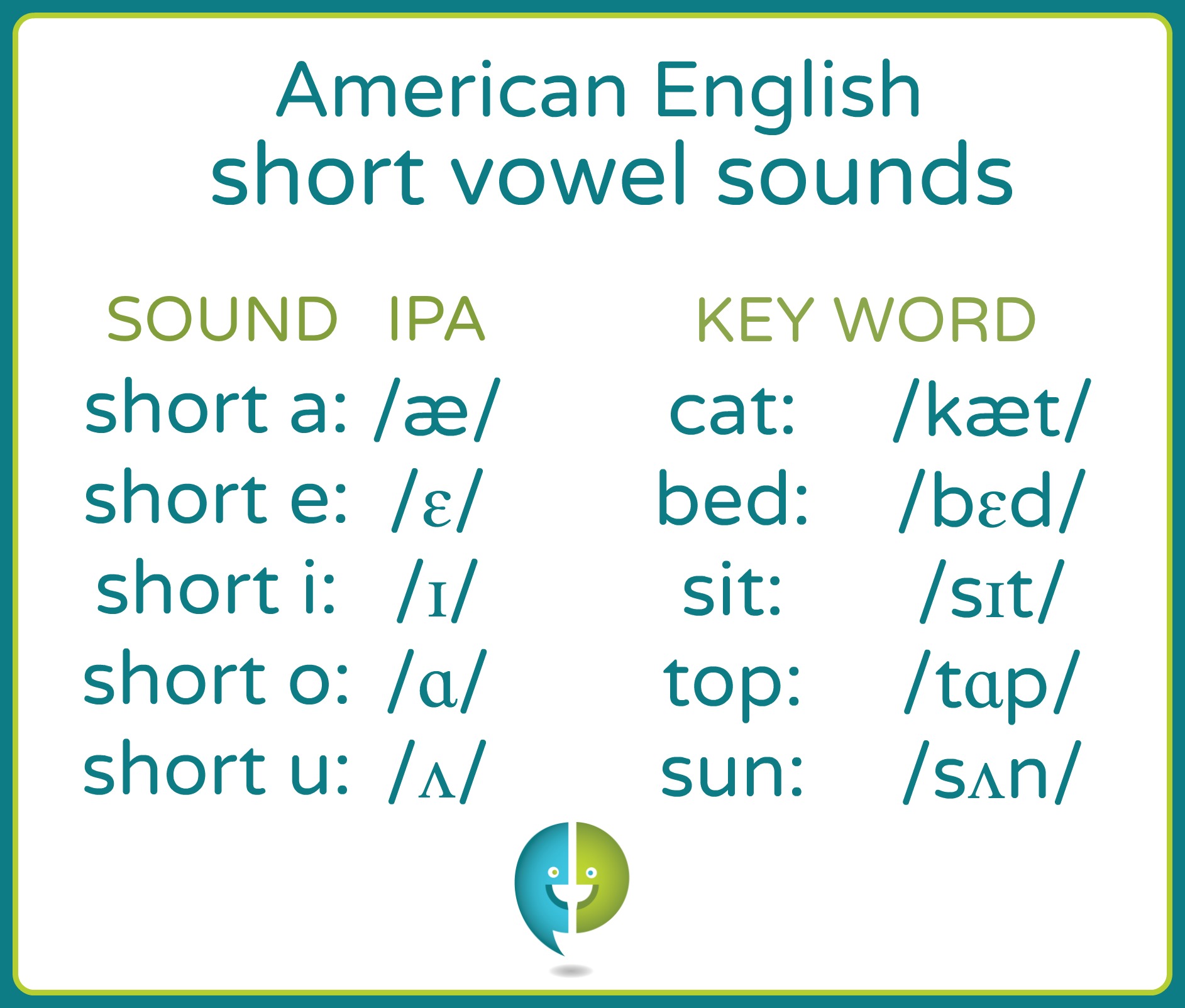 Long vowels join consonants more smoothly (as in Russian), while short vowels join consonants more abruptly, with the consonant stopping the sound of the vowel. This phenomenon is called "strong indentation" and is explained by the fact that short vowels mostly appear in closed syllables.
Long vowels join consonants more smoothly (as in Russian), while short vowels join consonants more abruptly, with the consonant stopping the sound of the vowel. This phenomenon is called "strong indentation" and is explained by the fact that short vowels mostly appear in closed syllables.
→ Schal [ʃaːl] ~ Sch A LL [ʃal] (scarf ~ sound)
→ FETE [ Festival ~ Fat)
→ koma [ˈkoːma] ~ k o mm [ˈkɔma] (coma)
→ Hüte [ˈhyːtə] ~ h ul [ (hats ~ hut, hut)
15. Shva
In many languages there are so-called reduced shva sounds. There are two such sounds in German.
The first of these is always displayed with the letter 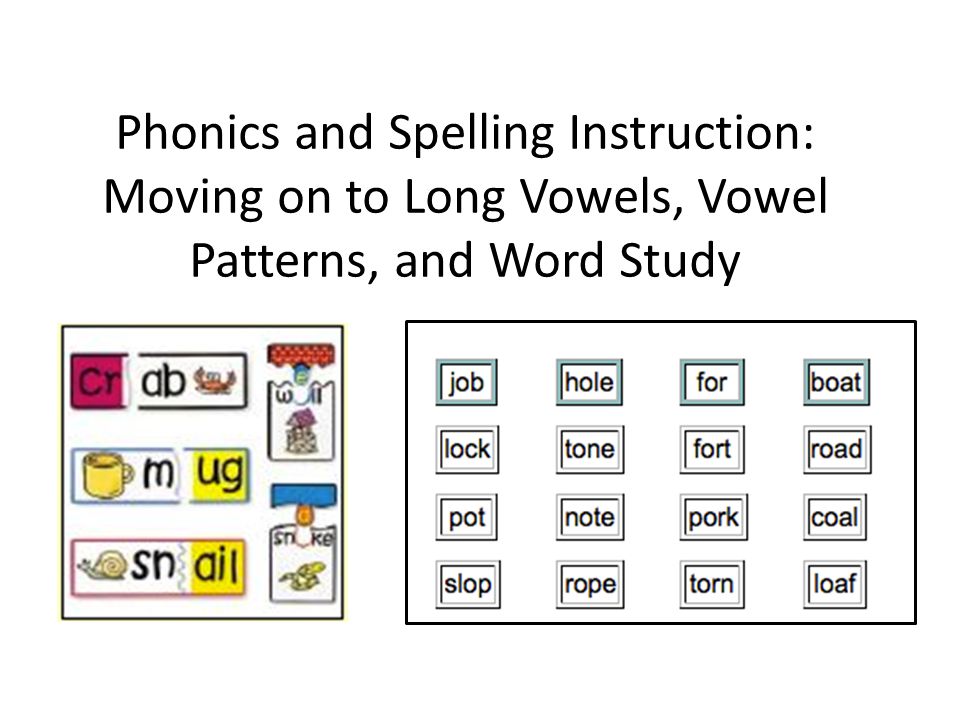 e., it is practically inaudible. The quality of her pronunciation depends only on the rate of speech:
e., it is practically inaudible. The quality of her pronunciation depends only on the rate of speech:
→ b E Reit [bəˈʁaɪt] (ready, ready)
→ LEB E N [ˈleːbən] (live) 9009 (Breath)
→ Ig E L [ˈiːɡəl] (Hedgehog)
→ Aug E [ˈAʊgə] (Eye) E müs EɡMY [ ] (vegetables)
The second schwa sound in German is the middle of [a], [ɔ] and [ə]. This sound can be displayed either by the letter
→ fü r [fyːɐ] (for, for)
→ Wi r [VIːɐ] (we)
→ Natu R [naˈtu: ɐ] (ɐ] (ɐ] (ɐ] ( Nature)
→ Frisö r [fχiˈzuffa] (hairdresser)
→ MUTTE R /Mutt ER [ˈmʊtɐ] (mother) (mother) (mother) (mother) (mother) (mother) gessen/v er gessen [fɛɐˈgɛsən]/[fɐˈgɛsən] (forget)
| Notes: ► For a better understanding of all the rules, you need to listen to the audio recording ! ► These rules are a general overview and after the first acquaintance do not need to be memorized, because understanding and ability to apply many points comes only in the process of studying and practice . 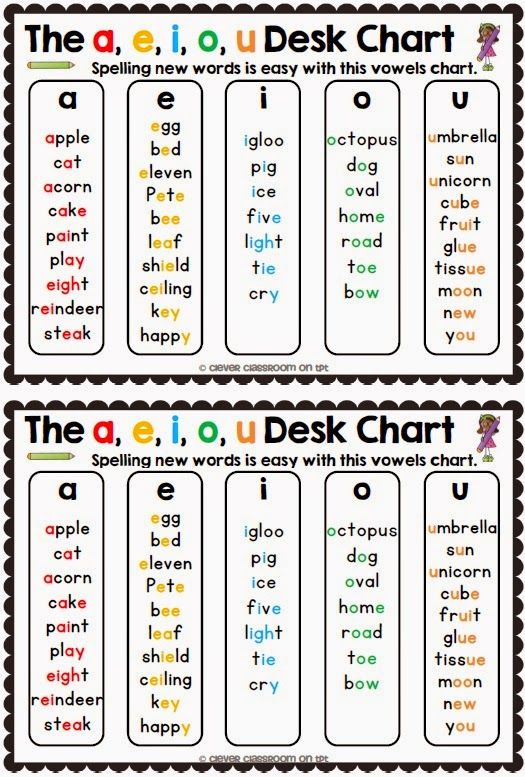 ► The concept of "hard and soft consonants" has 9 in Russian and German0120 are completely different values. German simply means voiceless and voiced consonants, so if a German insists that "the consonant ► Unlike modern German, to which the rules in this article correspond, before the first stage of the German spelling reform, the consonant letter <ẞ> was most often placed after short vowels. Accordingly, older people still combine it with short vowels, which introduces foreigners learning German into delusion . More information on this topic can be found in the Spelling section. ► Singing - art that does not reflect real speech. Since the German speech itself is less melodic, some of the moments indicated in this article (for example, a hard attack) are excluded for a more melodic sound when singing . |
Do you need this article in PDF format? You will find information about this here.